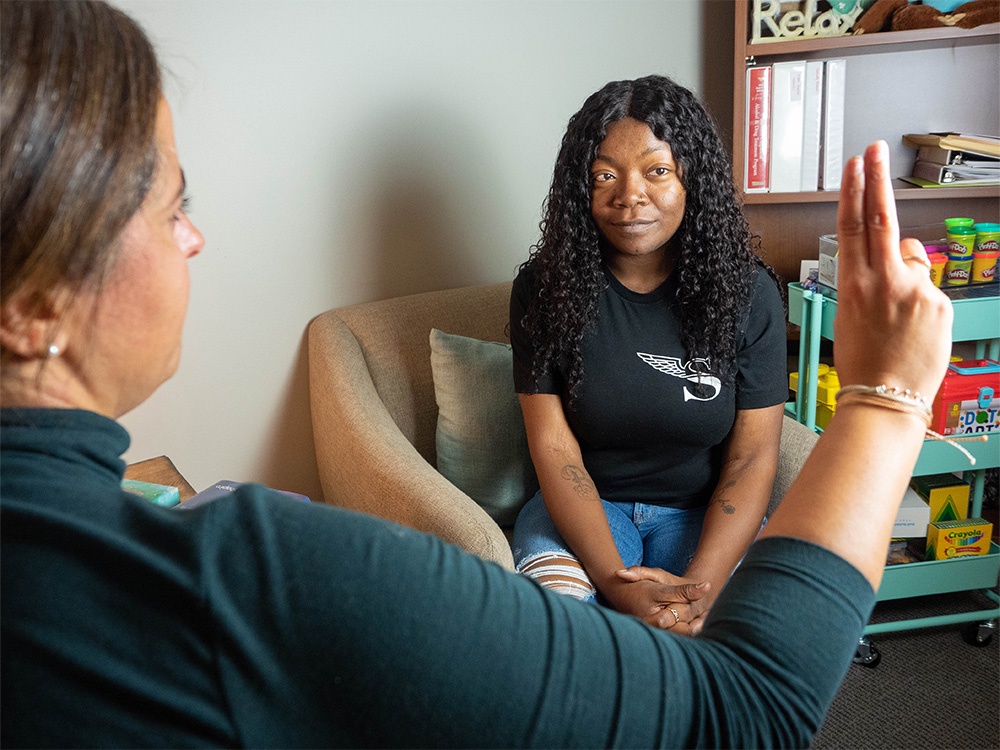Addiction is a complex condition, a brain disorder that is manifested by compulsive substance use despite harmful consequences. People with addiction (severe substance use disorder) have an intense focus on using a certain substance(s), such as alcohol or drugs, to the point that it takes over their life. Addiction affects the brain's natural reward circuitry, leading to harmful behaviors. However, understanding addiction is the first step towards recovery, and there are several ways to overcome this condition.
The Nature of Addiction
Addiction is more than just a physical dependence on substances. Even after detox, when the body is no longer physically dependent, addicts are at high risk for relapse. Psychological and social factors are often powerful stimuli for prescription drug abuse relapse: stress, cues in the environment, and social networks like spending time with friends who continue to use drugs or alcohol. Addiction involves the interplay of biological, psychological, and social components.
Recognizing the Signs of Addiction
Recognizing the signs of addiction is crucial for early intervention. Common signs include, but are not limited to, the inability to stop using the substance, engaging in risky behaviors, neglecting responsibilities, and experiencing withdrawal symptoms when trying to quit. Understanding and acknowledging these signs can lead to the realization that help is needed.
Overcoming Addiction: Strategies and Support
Overcoming addiction requires a comprehensive approach. Here are key strategies that can aid in recovery:
1. Seek Professional Help
Consulting healthcare providers can give individuals access to treatments such as medication-assisted therapy (MAT), counseling, and support groups. Professional treatment can address both the psychological and physical aspects of addiction.
2. Build a Supportive Network
Support from family, friends, and peers who are also in recovery can be invaluable. Support groups like Alcoholics Anonymous (AA) or Narcotics Anonymous (NA) offer a community of individuals who share the goal of sobriety and can provide encouragement and understanding.
3. Develop Healthy Habits
Replacing the addiction with healthy habits is vital. Exercise, nutrition, and engaging in hobbies can improve physical health and provide positive outlets for stress and anxiety.
4. Learn to Manage Stress
Since stress is a common trigger for relapse, learning stress management techniques such as mindfulness, meditation, and deep breathing exercises can be beneficial in maintaining sobriety.
5. Set Realistic Goals
Setting achievable goals and milestones in the recovery process can provide a sense of accomplishment and motivation to continue on the path to sobriety.
6. Understand and Avoid Triggers
Identifying and avoiding triggers that lead to drug use is crucial. This may involve making changes to one’s social life or environment.
7. Be Patient and Forgive Yourself
Recovery is a journey with its ups and downs. It's important to be patient and practice self-forgiveness. Relapse does not mean failure; it's an opportunity to learn and strengthen one's commitment to recovery.
Overcoming addiction is a challenging but achievable goal. With the right support, treatment, and strategies, individuals can reclaim their lives from addiction. It's important to remember that recovery is a personal journey, and what works for one person may not work for another. The key is to remain committed, seek help, and stay connected to a supportive community.
https://grovetreatment.com/addiction/treatment/therapy/emdr/


No comments yet